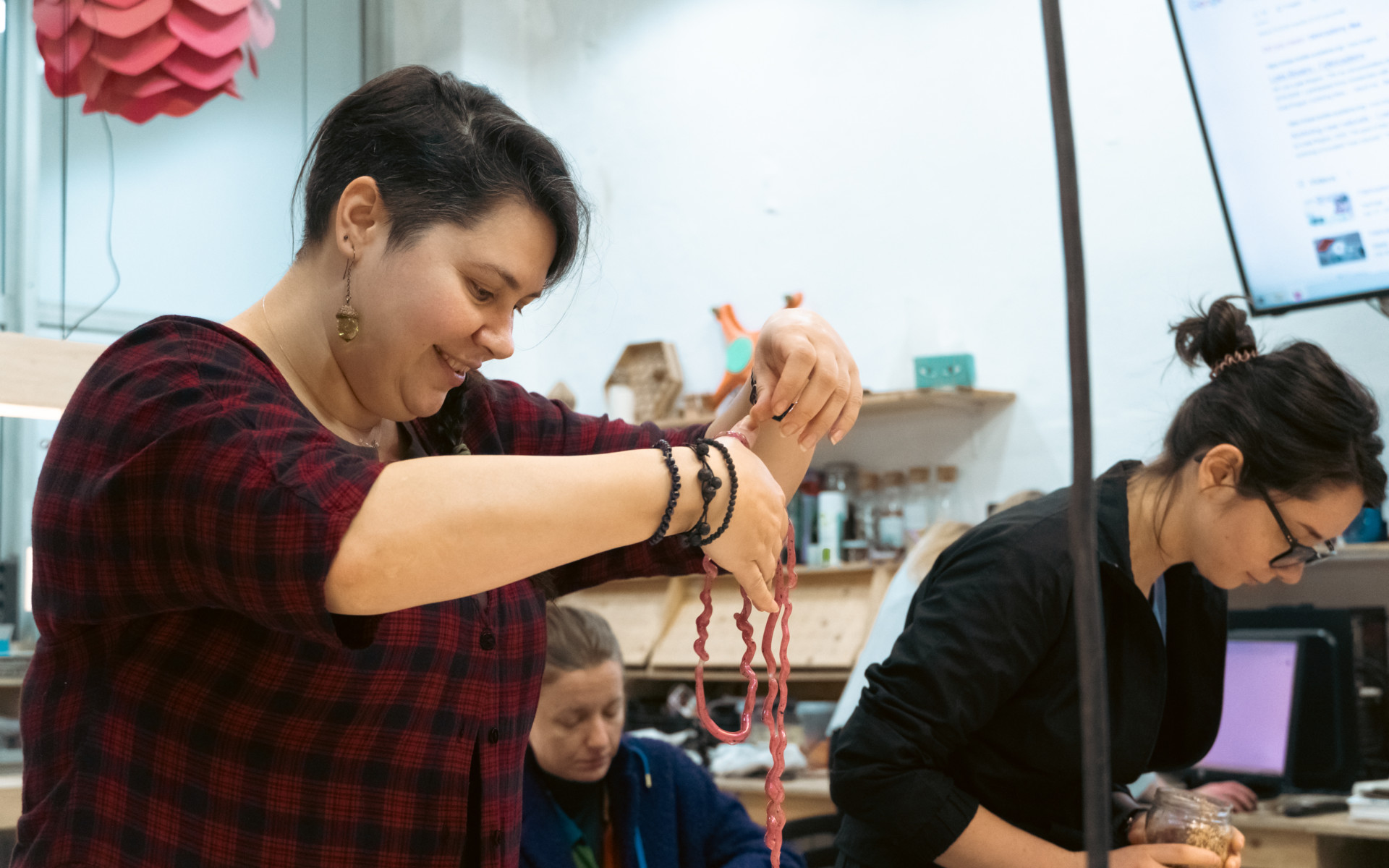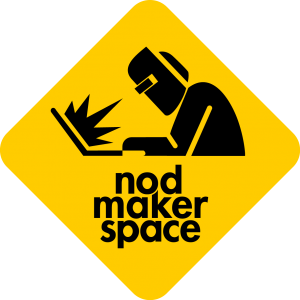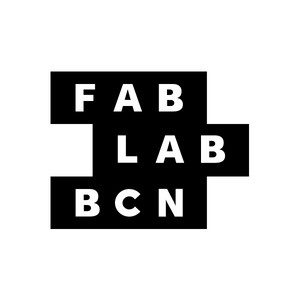

Maker ABC
Promoting the maker movement through the exchange of good practices between makerspaces, maker communities & local stakeholders.
The Challenge
Knowing about making and managing spaces for makers requires different skill sets, the same way as making things and learning how to put them out into the world and selling them are two different things.
Our Solution
The Maker ABC will bring together information from maker movement organizations across Europe to align and exchange best practices in the field of environment and climate change by integrating the UN sustainable development goals in the activity of the beneficiary organizations.
Type of Project
Small Cooperation funded by European Union’s Erasmus+ programme under Grant Agreement 2021-2-RO01-KA210-ADU-000051270.
Project Outputs/Applied Technologies
Small Cooperation funded by European Union’s Erasmus+ programme under Grant Agreement 2021-2-RO01-KA210-ADU-000051270.
The Project
The Maker ABC project is here to better define and promote the maker movement across Europe and aid in the gaining of complementary skills of makers and makerspace coordinators to develop entrepreneurship and sustainable development competencies, through the exchange of good practices between makerspaces, communities of makers & local stakeholders and the consultation of experts.
The Maker Movement is a contemporary subculture built around values relevant to the sustainable development goals – sharing resources, peer learning, addressing waste, reviewing production flows to optimize the use of resources, and repurposing materials. Those who adhere to this movement are makers. Their activities are a technology-based extension of DIY culture, meaning that it started with DIY but grew in a more skill-oriented occupation and developed into entrepreneurial and/or social economy initiatives.
Typical activities of the maker culture include engineering-oriented pursuits such as electronics, robotics, 3D printing, and the use of computer numeric control tools, as well as more traditional activities such as metalworking, woodworking, and, mainly, its predecessor, traditional arts and crafts.
The three partner organizations of the project are innovators and forerunners of the maker movement:
- Nod Makerspace is the first makerspace in Romania – a reference in the field. It has shared expertise and supported the development of such organizations throughout the country.
- Transit Projectes focuses on community engagement and uses the maker movement to promote human rights and education, and fight social exclusion.
- Fab Lab Barcelona is managed by the Institut d’Arquitectura Avançada de Catalunya (IAAC) which pools resources from academia to develop research and education projects stemming from the maker movement.
All partner organizations have identified a need to better define and refine their practice, bring together resources and share their know-how on business modeling, community engagement and sustainable development goals to address environment and climate change objectives through their activity. In order to achieve this goal, we will be mapping organizations, communities and informal groups of makers throughout Europe, relevant to the maker movement, question their practices and bring together this know-how on challenges and opportunities identified on business models, community engagement and sustainable development practices into a best practices guide, The Maker ABC, freely available to all who wish to adhere to the values of the maker movement and transition into making this a sustainable entrepreneurial activity with impact in their communities.
Our Contribution
The output of this project will be a Best Practices Guide that will be hosted on a website but will be available in pdf format as well. The Guide comes in ABC format, a collection of terms in alphabetical order, with each term defined by the partners as they see it in the maker context.
The guide will consist of three parts:
1. a methodology about identifying the maker’s needs
2. a series of examples of how the 3 stakeholders have addressed the maker’s needs and advice from experts
3. a linguistics exercise in which we see the terms used for concept form Maker Culture in different languages.
The process for this guide will start with a questionnaire that will be sent to makers and makerspace administrators. This questionnaire will help us identify pain-points with makers and maker communities alike. A focus will be placed on the 3 themes of this project: entrepreneurship, SDGs and community engagement. Also, asked about the background and journey people have until they get to a point where they call themselves makers. Having identified a series of needs and pain points, we addressed them in the three international workshops hosted by each of the stakeholders. Through the exchange of information and expert consultation, we identified a series of best practices that will help makerspaces help their makers. The plurilingual glossary of terms will see how many countries use English terms like Maker and Maker Culture and what local alternatives they use. It is also a subject that was addressed in the questionnaire. The collection of information was divided equally between the partners and all of them contributed and edited the guide but each focused on the subject that they led in the workshops.
The developed resources will support the maker movement & maker communities by defining the activities, impact, challenges and opportunities available in line with the current environment and the climate change agenda.
Who is it for?
This project mainly targets makerspace coordinators, makers and all adult learners interested in or in contact with architecture, crafts, arts, education through making to address environmental causes and tackling climate change. These entities will allow us to reach a wide variety of target groups because each such organization reaches a network of other local and international actors with similar or complementary fields of activity.


